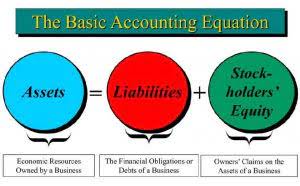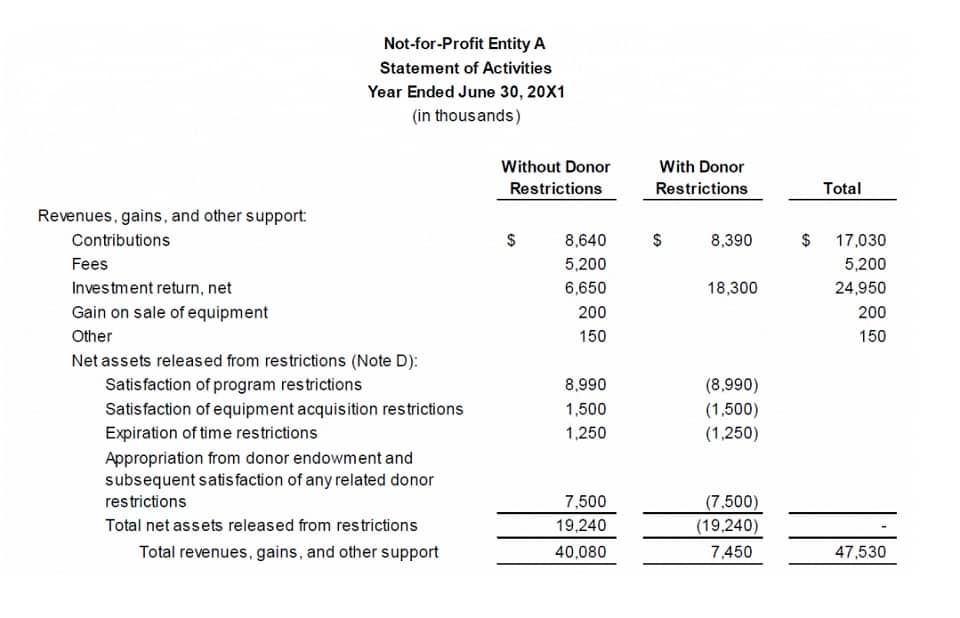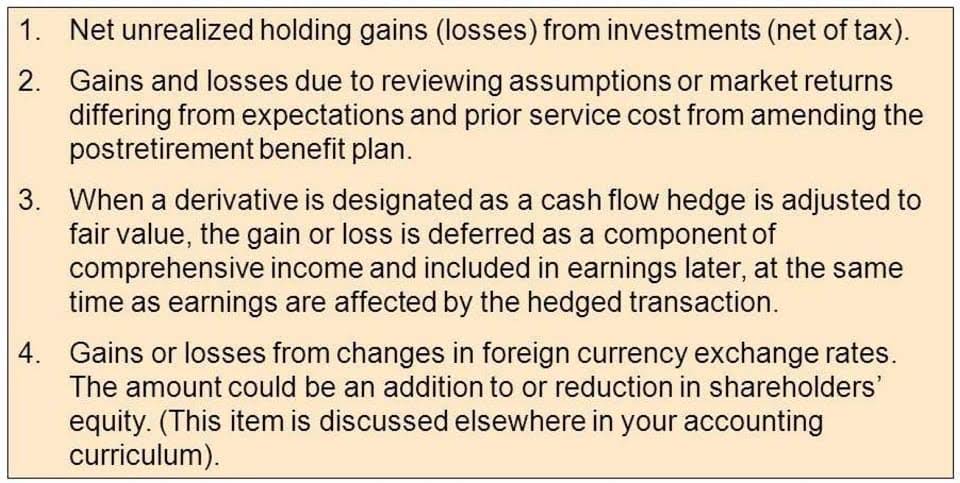
Net price refers to what you actually pay after discounts and additional fees. If a product is listed at $500 with a $50 discount but also has $20 in taxes, the net price equals $470. Join millions of self-starters in getting business resources, tips, and inspiring stories in your inbox. Confusion often arises when differentiating between net and gross due to their nuanced roles in financial contexts. Misinterpreting these terms why is net income lower than gross income? can impact budgets, contracts, and financial planning. Knowing these distinctions ensures clarity when making purchasing decisions or evaluating cost structures in financial documents.
- It excludes other costs, such as office rent, utilities, and staff payroll, often referred to as overhead or indirect expenses.
- These distinctions play a vital role in evaluating income, profit, and prices.
- For an individual, gross income is wages and salary before any deductions, tax withholding, and pretax contributions to retirement or health care savings plans.
- Net income will tell you a slightly different picture – how much you are making after expenses are factored into the equation.
Misunderstanding Deductions

It’s useful for assessing overall capacity or scale before realizing deductions.
How to Calculate Gross Income
Many assume deductions apply universally to determine the net amount. In reality, the type of deduction varies based on the context—such as taxes Accounting For Architects for salaries or operating expenses for businesses. Misidentifying what counts as a “deduction” could result in overestimating disposable earnings. Net income refers to the amount of money in your bank account after expenses and allowable deductions are taken out. For companies, net income is what’s left after taxes, the cost of goods, monthly wages, employee salary, retirement pay, and health insurance. In other words, businesses’ net income is the profit they’ve made.

Is net income before or after taxes?
- All company income statements include the gross income vs net pay ratio.
- Overhead—such as rent, utilities, payroll, marketing and advertising, and business insurance—isn’t directly tied to producing goods or services.
- If a product is listed at $500 with a $50 discount but also has $20 in taxes, the net price equals $470.
- Gross income includes rental income, alimony, capital gains, and insurance payments.
- Confusion often arises when differentiating between net and gross due to their nuanced roles in financial contexts.
- Knowing these distinctions ensures clarity when making purchasing decisions or evaluating cost structures in financial documents.
Understanding the interplay between net and gross helps you analyze financial statements, negotiate salaries, or evaluate business health. See what’s making money for your business with apps that calculate profit in real time. Most individuals then use various adjustments and deductions, reducing the amount of income subject to taxation. Both are crucial for managing your business and understanding your income.
- Misinterpreting these terms can impact budgets, contracts, and financial planning.
- A $60,000 annual salary might seem substantial at gross value, but net pay could significantly differ after deductions like income tax and healthcare.
- While gross income shows earning capacity, net income portrays your actual disposable amount for spending and savings.
- In contrast, net income is the sum after taxes and deductions from your full payment.
How to calculate net income

For example, with revenues of $1 million and a COGS of $600,000, the gross profit equals $400,000. Gross income represents the fixed assets total earnings before any deductions. If you earn $60,000 annually before taxes, that’s your gross income. Overhead—such as rent, utilities, payroll, marketing and advertising, and business insurance—isn’t directly tied to producing goods or services. These generally don’t change very much based on a company’s output and sometimes they’re referred to as fixed costs.
Gross vs Net Income: Differences and How to Calculate

Gross income is a helpful way to look at the revenue potential of your business and to assess how you are doing year over year. By looking at your various revenue streams, you can see which clients and which types of projects bring in the most income and the least income. This insight may influence where you choose to direct the majority of your time and effort, or determine the future goals you set for your business. Real-life situations often require understanding the distinction between net and gross values.
